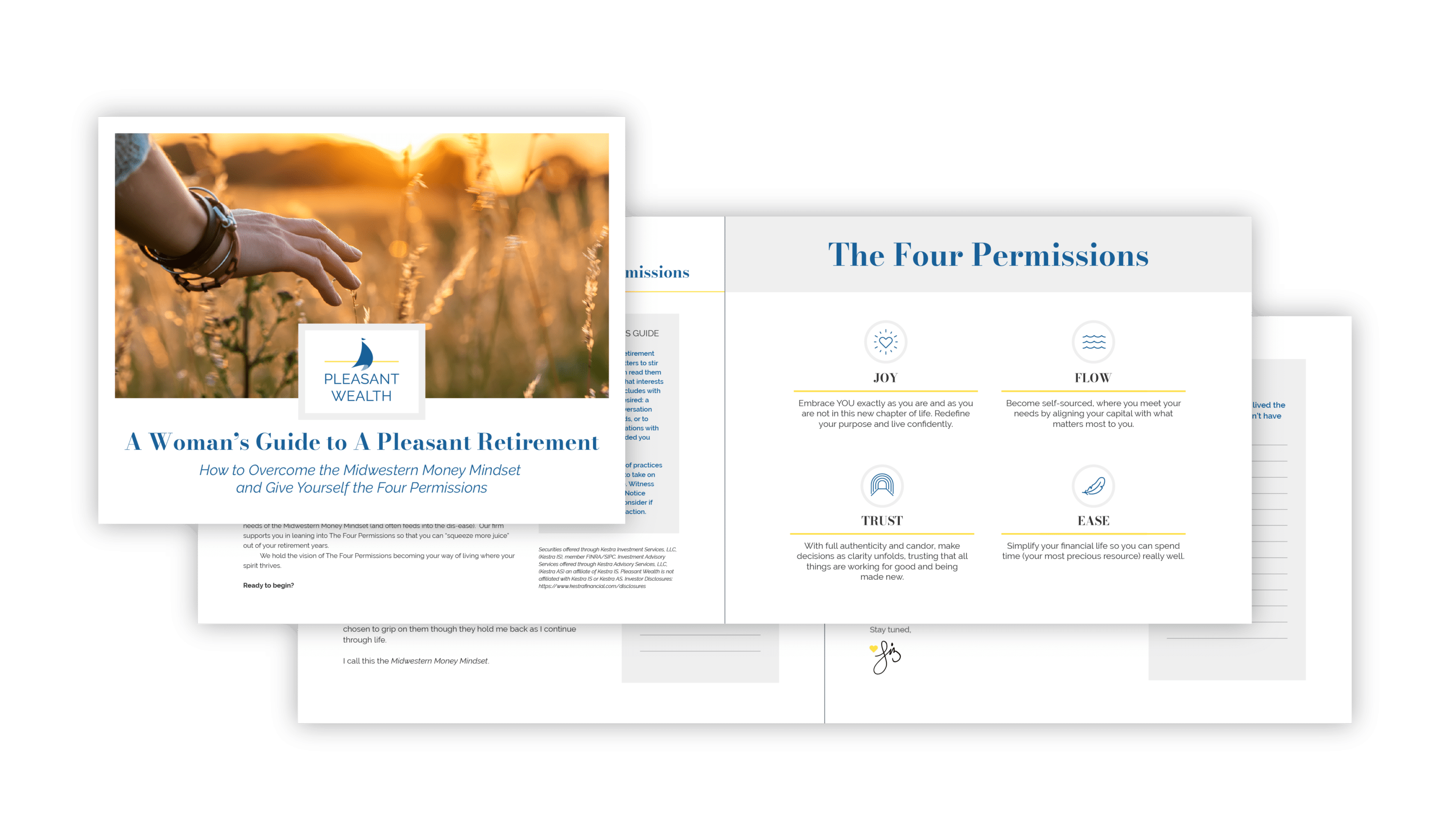Don't go without downloading our free retirement guide!
A Woman’s Guide to a Pleasant Retirement
How to Overcome the Midwestern Money Mindset and Give Yourself the Four Permissions

Check the background of this firm on FINRA’s BrokerCheck →
The great baseball philosopher Yogi Berra supposedly said, “It’s tough to make predictions, especially about the future.” He is right. But we do it anyhow.
Half of my friends are confidently predicting a crash is coming. But the remaining half of my friends are just as sure that a crash is being avoided. There is a lot of certainty.
Same planet. Same data. But opposite interpretations. I have been thinking about this.
How can we figure out the future? I used to think that if I apply a few basic principles, and add a dose of humility, that I will have a good start. But I’m now more aware of my limitations, and am having some misgivings about that approach.
And I’ve noticed that even economists fail regularly when predicting the economic future. Although they are super-smart, and their formulas and models are impressive, they are often wrong. And sometimes way wrong.
But the story is different here in the Amish Country of NE Ohio. Local Amish business start ups have a success rate far higher than the economists have in their field. And they have a success rate far higher than non-Amish start-ups. Nationally, over 95% of Amish start up businesses last for five or more years in contrast with 50% for non-Amish start ups.
Why is this? What are the cultural factors that give these positive results?
As Pleasant Wealth adds an office in our aptly-named Amish town of Mt. Hope, Ohio, I feel some of the reasons. And I have observed for a long time. Here are some factors I see.
Work ethic. Early-rising visitors are totally shocked by the 5:30am rush hour of work crews heading out to their jobs for the day.
Entrepreneurialism. It seems like young Amish grow up imagining themselves in a future enterprise. They identify a community need around them and start honing their skills right after finishing eighth grade. When they are ready they then create a business to seize the opportunity and fill the need.
Trust. Even competitors trust each other. I have seen small businesses team up with a competitor to take on a large project. No fancy paperwork—just a basic agreement to do the job together and then split profits. Presto, they’ve instantly doubled in size for the project. When it’s done they quickly shrink back to original size.
Quality. The speed of construction and the craftsmanship in our new office in Mt. Hope have absolutely blown me away. This value is recognized far and wide, and has contributed greatly toward the numerous very successful small businesses in the area.
So how can such observations help improve our future investment outcomes? Is there any predictive power here?
For starters, let’s find ways to invest in good companies that humanize and respect people, whether they are employees, customers, or even broad society. Fiduciary Duty should mean way more than only making owners richer.
We investors are the owners. We have to become more broad minded than we have been in the past. Yes, quarterly results matter, but they pale in comparison to a long term view where we are supporting the common good in a healthy way.
I predict that if we invest in energized companies that have a heart for the common good and human flourishing we will do well. I believe this to be true because I have been seeing it happen all around our area for decades.
And this is one of our main value-adds at Pleasant Wealth. We have identified numerous investment managers who share this vision. They find companies with great business models that grab opportunity and enhance human flourishing.
So maybe you should arrange a Pleasant Financial Conversation with us. You’d likely enjoy it and could possibly expand your consciousness (and retirement income?) in the process.